UK Patients Guide to Dental Implants in Turkey
"Dental implants in Turkey are significantly more affordable than in the UK, with costs typically ranging from £300-£1000 per implant, while in the UK, a single implant can cost between £2,000 and £5,000."

Considering dental implants is a big decision, and understanding the costs involved is often a primary concern. Many individuals from the UK are now looking to Turkey for their dental implant needs, drawn by the promise of high-quality treatment at a fraction of the price. This comprehensive guide will explore the financial aspects of dental implants in Turkey compared to the UK, while also addressing other vital questions about the procedure, safety, and overall experience. Our aim is to provide you with clear, accurate, and helpful information, enabling you to make informed choices about your dental health. We will delve into why Turkey offers such competitive pricing, what factors influence the cost, and what you can expect from the treatment process, ensuring you have a complete picture.
What is the average cost of a single dental implant in Turkey?
"The average cost of a single dental implant in Turkey typically ranges from £300 to £1,000, depending on the clinic, the brand of implant used, and the complexity of the case."
This price usually includes the implant itself, the abutment, and the crown. Factors such as the reputation of the clinic, the experience of the dentist, and the specific city in Turkey (Istanbul, Antalya, etc.) can influence the final price. Even with these variations, the cost remains considerably lower than in many Western countries, making it an attractive option for those seeking affordable dental solutions. Many clinics also offer all-inclusive packages that may cover accommodation and transfers, further enhancing the value.
What is the average cost of a single dental implant in the UK?
"In the UK, the average cost for a single dental implant, including the implant, abutment, and crown, generally ranges from £2,000 to £5,000."
This significant difference in price is a major driver for dental tourism. The UK's higher operational costs, including clinic rent, staff salaries, and laboratory fees, contribute to these higher prices. Additional procedures like bone grafting or sinus lifts, if required, would add further to this cost in the UK. Patients in the UK often find that even with travel and accommodation expenses, getting dental implants in Turkey can still result in substantial savings.
Why are dental implants cheaper in Turkey than in the UK?
"Dental implants are cheaper in Turkey primarily due to lower operational costs, favourable exchange rates, government support for medical tourism, and a highly competitive dental market."
The cost of living and running a business in Turkey is significantly lower than in the UK. This translates to reduced expenses for clinic rent, staff wages, and even dental materials in some cases. Furthermore, the Turkish government actively promotes medical tourism, offering incentives that help keep prices competitive. The sheer number of dental clinics in Turkey, particularly in major cities, creates a robust and competitive market where clinics strive to offer high-quality services at more affordable rates to attract international patients. The favourable exchange rate of the Turkish Lira against currencies like the British Pound also means that foreign currency stretches further, making treatments more economical for international visitors.
What factors influence the total cost of dental implants in Turkey?
"The total cost of dental implants in Turkey can be influenced by the number of implants needed, the brand of the implant (e.g., Straumann, Osstem), the type of crown material, the need for additional procedures like bone grafts or sinus lifts, and whether the package includes accommodation and transfers."
- Number of Implants: Clearly, replacing multiple teeth will cost more than a single tooth implant.
- Implant Brand: Different implant brands have varying price points. Premium brands, often from Switzerland, Germany, or the USA, tend to be more expensive than local Turkish brands or other international options.
- Crown Material: The material chosen for the dental crown (porcelain, zirconia, E-max) will also affect the price. Zirconia and E-max crowns are generally more aesthetically pleasing and durable, hence pricier.
- Additional Procedures: Some patients may require preliminary procedures before implant placement, such as:
- Bone Grafting: If there isn't enough jawbone density to support the implant, a bone graft might be necessary.
- Sinus Lift: For implants in the upper jaw, a sinus lift may be needed to create sufficient bone height.
- Tooth Extractions: If damaged teeth need to be removed before implant placement.
- Clinic Reputation and Location: Highly reputable clinics with state-of-the-art technology and highly experienced dentists in prime locations might charge more.
- All-Inclusive Packages: Many Turkish clinics offer packages that bundle the treatment cost with accommodation, airport transfers, and sometimes even local tours. While these may seem higher initially, they often offer overall savings and convenience.
Are all-inclusive dental implant packages available in Turkey?
"Yes, many dental clinics in Turkey offer all-inclusive dental implant packages, which typically cover the implant procedure, hotel accommodation, airport transfers, and sometimes even follow-up appointments and local excursions."
These packages are designed to provide convenience and transparency for international patients. They can significantly reduce the logistical stress of planning a medical trip abroad, as many details are handled by the clinic. Patients often find these packages to be excellent value, as they consolidate various costs into one upfront price, allowing for easier budgeting. It's crucial to thoroughly review what is included in any package to ensure it meets your specific needs.
What is included in a typical dental implant package in Turkey?
"A typical dental implant package in Turkey often includes the implant surgery, the implant itself (titanium post), the abutment, the final crown (often zirconia or porcelain), initial consultation, panoramic X-rays, local anaesthesia, and post-operative medications."
Beyond the core medical components, many clinics also include:
- Accommodation: A certain number of nights in a partner hotel.
- Transfers: VIP airport transfers and transportation between the hotel and the clinic.
- Patient Coordinator: A dedicated coordinator who assists with communication and scheduling.
- Temporary Restorations: Temporary crowns or dentures during the healing period.
Some higher-end packages might even include city tours or other amenities to enhance the overall experience. Always confirm the exact inclusions with the clinic before booking.
What is the quality of dental implants in Turkey?
"The quality of dental implants in Turkey is generally very high, with many clinics using internationally recognised and certified implant brands, advanced technology, and employing highly skilled and experienced dentists."
Turkish dental clinics often invest in modern equipment, including 3D imaging (CT scans) and CAD/CAM technology, to ensure precise implant placement and well-fitting crowns. They frequently use the same globally respected implant brands (e.g., Straumann, Nobel Biocare, Osstem) that are utilised in the UK and other Western countries. The expertise of Turkish dentists, many of whom have trained internationally and specialise in implantology, further contributes to the high quality of care. Patients can expect a professional and sophisticated approach to their dental implant treatment.
What is the success rate of dental implants in Turkey?
"The success rate of dental implants in Turkey is comparable to international standards, typically ranging from 95% to 98% when performed by experienced professionals and followed by proper aftercare."
This high success rate is attributed to the use of high-quality materials, advanced surgical techniques, and a strong emphasis on patient care and hygiene. Factors that can influence the success rate include the patient's overall health, bone quality, adherence to post-operative instructions, and good oral hygiene practices. Clinics in Turkey often provide guarantees or warranties on their implants, reflecting their confidence in the treatment outcomes.
How long does the dental implant procedure take in Turkey?
"The dental implant procedure in Turkey typically involves two main phases: the surgical placement of the implant, which may require a stay of 3-7 days, and then a healing period of 3-6 months before the final crown is attached, which requires a shorter second visit."
- First Phase (Implant Placement): During the initial visit, which might last a few days, the dental implant (titanium post) is surgically placed into the jawbone. This phase usually involves a consultation, X-rays, the surgery itself, and initial post-operative check-ups.
- Healing Period (Osseointegration): After the implant is placed, a crucial healing period of 3 to 6 months is required. During this time, the implant fuses with the jawbone, a process called osseointegration, ensuring a stable foundation.
- Second Phase (Crown Placement): Once osseointegration is complete, a second, shorter visit to Turkey (usually 1-3 days) is needed for the abutment placement and the attachment of the final custom-made crown.
Some clinics offer "same-day" or "immediate load" implants, where a temporary crown is placed immediately after implant surgery. However, the full healing process still occurs, and a permanent crown is usually fitted after the osseointegration period.
Is it safe to get dental implants in Turkey?
"Yes, it is generally safe to get dental implants in Turkey, provided you choose a reputable and accredited clinic with experienced dentists who adhere to international standards of hygiene and care."
Turkey has become a popular destination for medical tourism, with many clinics meeting stringent international accreditation requirements. They use modern sterilisation techniques and follow strict protocols to minimise the risk of infection. Researching clinics, reading patient reviews, and verifying accreditations are crucial steps to ensure a safe and successful experience. While any surgical procedure carries inherent risks, reputable Turkish clinics prioritise patient safety and well-being.
What are the potential risks of getting dental implants?
"While generally safe, potential risks of dental implants include infection at the implant site, damage to surrounding structures (nerves or blood vessels), implant failure (lack of osseointegration), sinus problems (for upper jaw implants), and allergic reactions to the implant material (rare)."
- Infection: As with any surgery, there's a risk of bacterial infection at the implant site. This can usually be managed with antibiotics or, in some cases, may require removal of the implant.
- Damage to Structures: In rare instances, nerve damage can occur, leading to numbness, tingling, or pain in the lips, gums, or tongue. Damage to blood vessels is also possible.
- Implant Failure: The implant might not properly fuse with the jawbone, leading to failure. This can be due to poor bone quality, smoking, certain medical conditions, or improper surgical technique.
- Sinus Problems: If an implant in the upper jaw protrudes into the sinus cavity, it can lead to sinus issues.
- Allergic Reaction: Although titanium implants are highly biocompatible, very rarely, an individual might have an allergic reaction.
Choosing an experienced and skilled dental surgeon significantly minimises these risks.
What should I expect during the dental implant consultation in Turkey?
"During a dental implant consultation in Turkey, you should expect a comprehensive oral examination, detailed imaging (panoramic X-rays and often a 3D CT scan), a discussion of your medical history, a personalised treatment plan, and a transparent breakdown of costs."
The consultation is a critical step where the dentist assesses your oral health, determines if you are a suitable candidate for implants, and discusses the best treatment approach for your specific needs. The 3D CT scan is particularly important as it provides a detailed view of your jawbone structure, allowing for precise implant planning and identification of any potential issues like insufficient bone volume. You should feel comfortable asking any questions you have about the procedure, recovery, and expected outcomes.
What is the aftercare for dental implants in Turkey?
"Aftercare for dental implants in Turkey involves strict adherence to oral hygiene practices, including careful brushing and flossing around the implant site, avoiding hard or sticky foods during the initial healing phase, and attending follow-up appointments as advised by your dentist."
The success and longevity of dental implants heavily depend on proper aftercare. Your dentist will provide detailed instructions on:
- Oral Hygiene: Gentle brushing with a soft-bristled toothbrush and using interdental brushes or floss specifically designed for implants.
- Diet: Avoiding extremely hot, cold, hard, or chewy foods initially to prevent stress on the implant site.
- Medication: Taking prescribed antibiotics and pain relievers as directed.
- Activity: Avoiding strenuous physical activity for a few days post-surgery.
- Smoking and Alcohol: Avoiding smoking and excessive alcohol consumption, as both can hinder healing and increase the risk of implant failure.
- Regular Check-ups: Scheduling regular follow-up appointments, both in Turkey (if needed for the second phase) and with your local dentist, to monitor the implant's health and ensure proper integration.
What are the benefits of choosing Turkey for dental implants?
"Choosing Turkey for dental implants offers significant cost savings, access to high-quality dental care with experienced specialists and modern technology, all-inclusive treatment packages for convenience, and the opportunity to combine treatment with a tourist experience."
The primary benefit is the substantial cost reduction compared to Western countries, without compromising on quality. Turkish clinics often boast state-of-the-art facilities and utilise leading international implant brands. The convenience of all-inclusive packages simplifies travel arrangements, making the entire process smoother. Furthermore, patients can enjoy Turkey's rich culture, historical sites, and beautiful landscapes, turning a dental trip into a memorable holiday. This blend of affordability, quality, and tourism appeal makes Turkey an increasingly popular choice for dental implant procedures.
How do I choose a reputable dental clinic in Turkey?
"To choose a reputable dental clinic in Turkey, look for clinics with international accreditations, read patient reviews and testimonials on independent platforms, verify the qualifications and experience of the dentists, inquire about the implant brands they use, and ensure transparent pricing and clear communication."
- Accreditation: Check for international accreditations such as ISO certifications, which indicate adherence to high standards of quality and safety.
- Patient Reviews: Genuine reviews on platforms like Google, Trustpilot, or specialised medical tourism sites can offer valuable insights into other patients' experiences.
- Dentist Credentials: Research the dentists' education, specialisation in implantology, years of experience, and professional affiliations.
- Implant Brands: Ensure the clinic uses reputable and well-known dental implant brands, as this speaks to the quality and longevity of the implants.
- Transparency: A reputable clinic will provide a detailed treatment plan, a clear breakdown of all costs, and be open to answering all your questions before you commit.
- Communication: Effective communication in English (or your preferred language) is essential for a smooth process.
What are "All-on-4" and "All-on-6" dental implants?
"All-on-4 and All-on-6 are full-arch dental implant solutions where a complete set of upper or lower teeth is supported by only four or six strategically placed dental implants, respectively."
- All-on-4: This technique uses four implants, typically two straight implants in the front and two angled implants in the back, to support a full arch of prosthetic teeth. It's often suitable for patients with some bone loss, as the angled implants can utilise existing denser bone.
- All-on-6: Similar to All-on-4, but it uses six implants for increased stability and support, especially in cases where bone density allows for it or when a stronger foundation is desired for a full set of teeth.
Both techniques offer a fixed, stable alternative to traditional dentures, restoring full chewing function and a natural-looking smile. They are popular choices for individuals who have lost most or all of their teeth in an arch.
Are there any hidden costs when getting dental implants in Turkey?
"While many Turkish clinics offer transparent all-inclusive packages, potential hidden costs could arise from unexpected additional procedures (e.g., more complex bone grafting than initially assessed), follow-up treatments for complications not covered by warranty, or personal expenses not explicitly included in the package (e.g., travel insurance, meals outside the hotel)."
It's crucial to have a very detailed discussion with the clinic about what exactly is included in their quoted price. Get a written treatment plan and cost breakdown. Ask about potential scenarios that could incur extra charges, such as if more implants are needed or if a complication arises. While reputable clinics strive for transparency, being proactive in asking questions can help avoid any surprises. Always consider travel insurance that covers medical emergencies abroad.
Can I get a full mouth of dental implants in Turkey?
"Yes, it is possible to get a full mouth of dental implants in Turkey, often utilising techniques like All-on-4 or All-on-6, providing a comprehensive and cost-effective solution for individuals needing to replace most or all of their teeth."
Full mouth dental implant procedures in Turkey are a popular option for international patients due to the significant cost savings compared to countries like the UK. These extensive treatments involve replacing an entire arch or both arches of teeth with implant-supported prostheses. Clinics in Turkey are well-equipped and experienced in performing these complex procedures, often offering tailored packages that cover all aspects of the full mouth rehabilitation. The opportunity to restore a complete smile at a more affordable price makes Turkey a leading destination for such treatments.
How does the aftercare for dental implants in Turkey compare to the UK?
"The aftercare instructions for dental implants are universally similar, focusing on maintaining excellent oral hygiene and attending follow-up appointments, whether the procedure is performed in Turkey or the UK. However, practical differences may arise due to geographical distance for Turkish clinics."
While the clinical guidelines for aftercare are the same, adhering to them might require more planning for patients who received treatment in Turkey. This includes:
- Follow-up Appointments: The initial post-operative check-ups are done in Turkey. For long-term monitoring or if complications arise, patients would typically consult their local dentist in the UK or return to Turkey. Reputable Turkish clinics often have systems in place for remote consultations or may have partner clinics in the UK for minor issues.
- Communication: Clear communication channels with your Turkish dental team are vital for any concerns during the healing process.
- Local Dentist: It's important to inform your local UK dentist about your implant procedure so they can incorporate it into your routine dental care.
Many Turkish clinics offer extended warranties and support, demonstrating their commitment to long-term patient satisfaction, even from a distance.
What types of dental implant crowns are available in Turkey?
"In Turkey, a variety of dental implant crowns are available, with the most common options being porcelain-fused-to-metal (PFM), zirconia, and E-max crowns, each offering different aesthetic and durability benefits."
- Porcelain-Fused-to-Metal (PFM) Crowns: These crowns have a metal base for strength, with a porcelain layer fused over it for a natural appearance. They are durable and a more cost-effective option.
- Zirconia Crowns: Made from a highly durable and biocompatible ceramic material, zirconia crowns offer excellent strength and a natural, translucent appearance, making them a popular choice for both front and back teeth. They are metal-free and highly aesthetic.
- E-max Crowns: These are made from lithium disilicate ceramic, known for its exceptional aesthetics and translucency, closely mimicking natural tooth enamel. E-max crowns are often preferred for front teeth where appearance is paramount, though they are slightly less durable than zirconia.
The choice of crown material depends on factors such as the implant's location, the patient's aesthetic preferences, and budget. Clinics in Turkey typically offer a wide range of options to suit individual needs.
Explore PlacidWay for solutions related to medical tourism, healthcare services, and other relevant offerings.


.png)




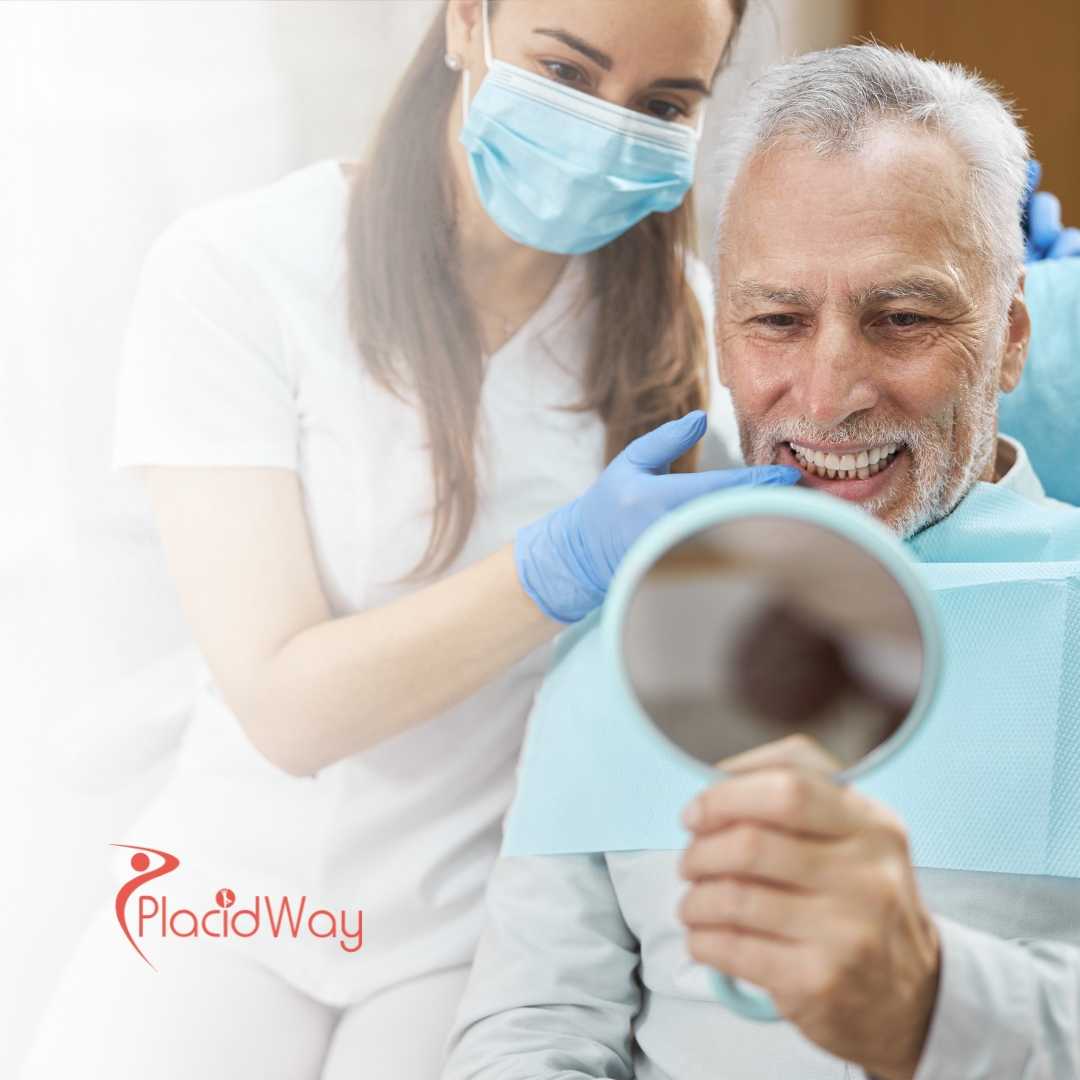
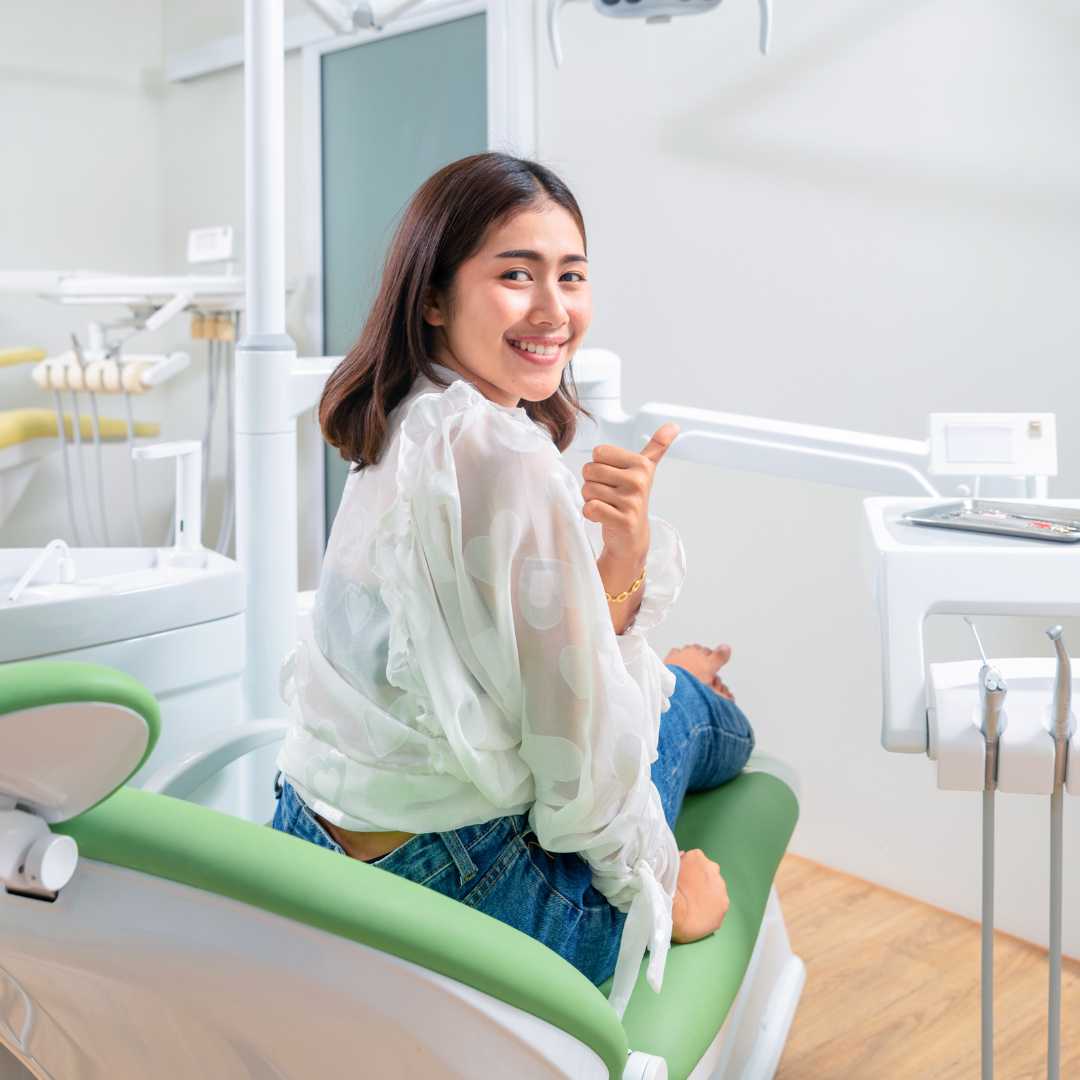
.png)
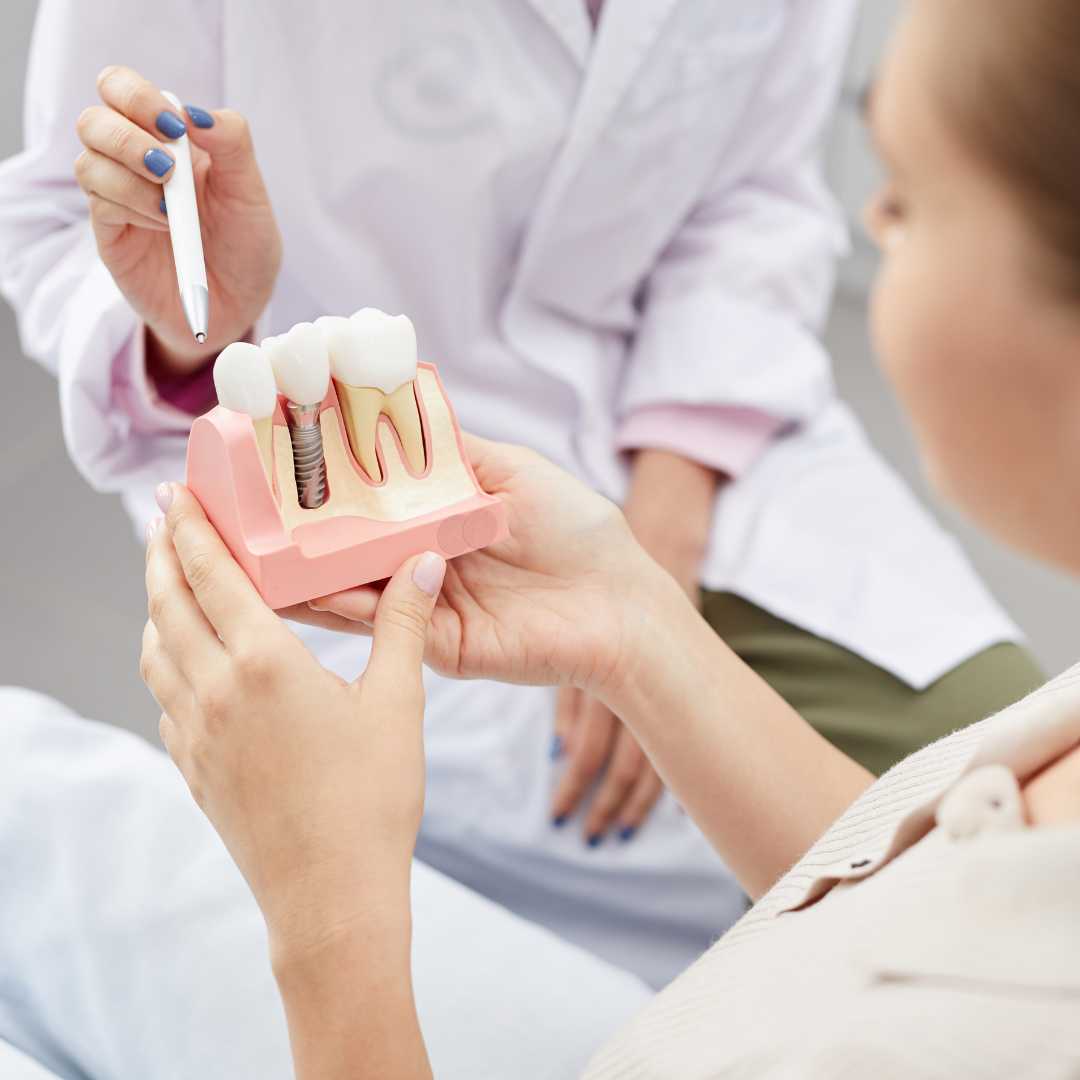
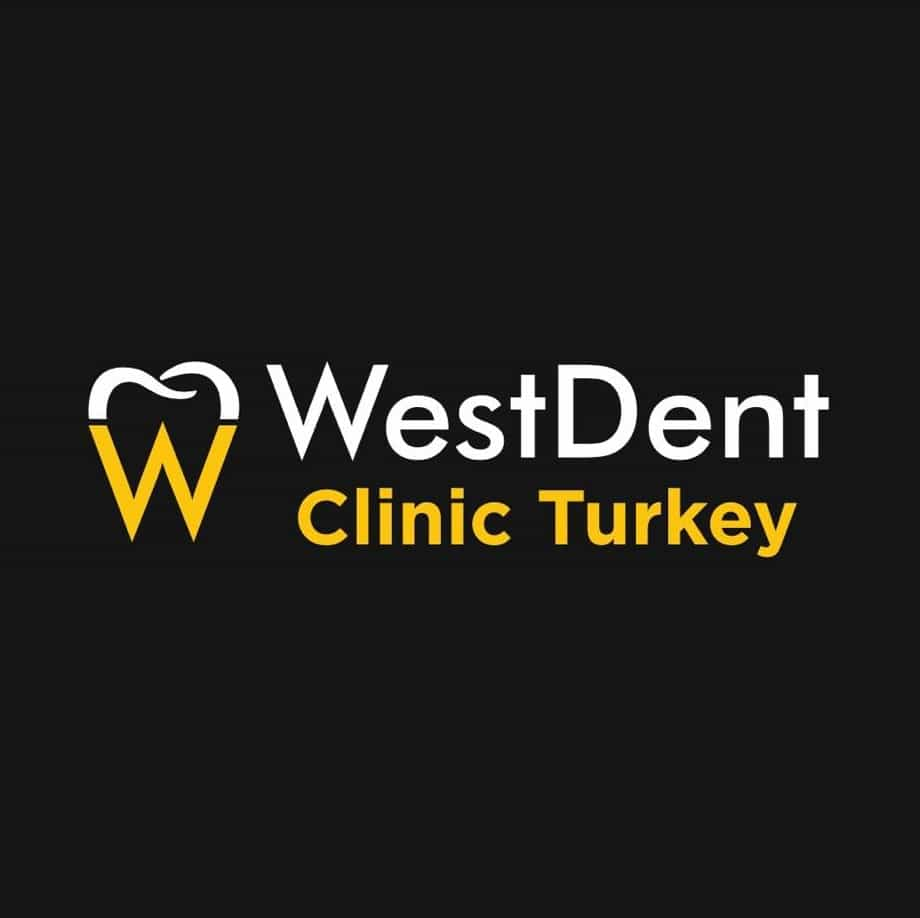
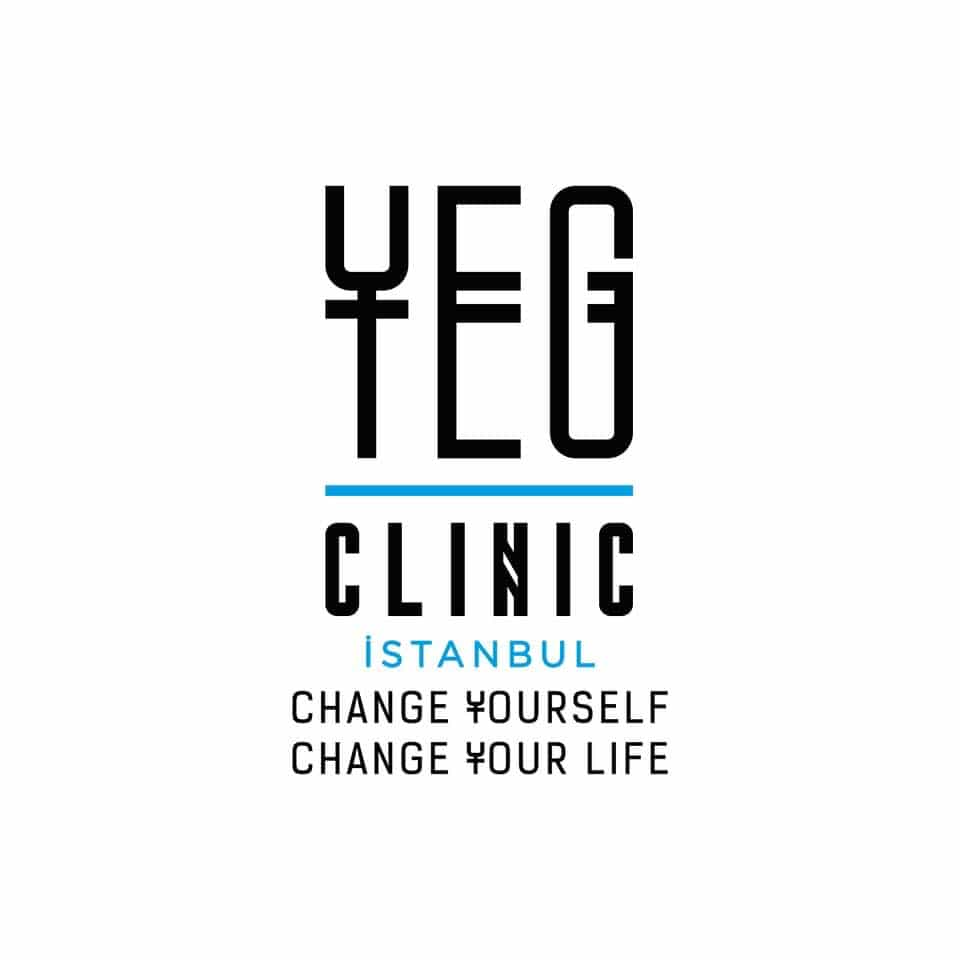
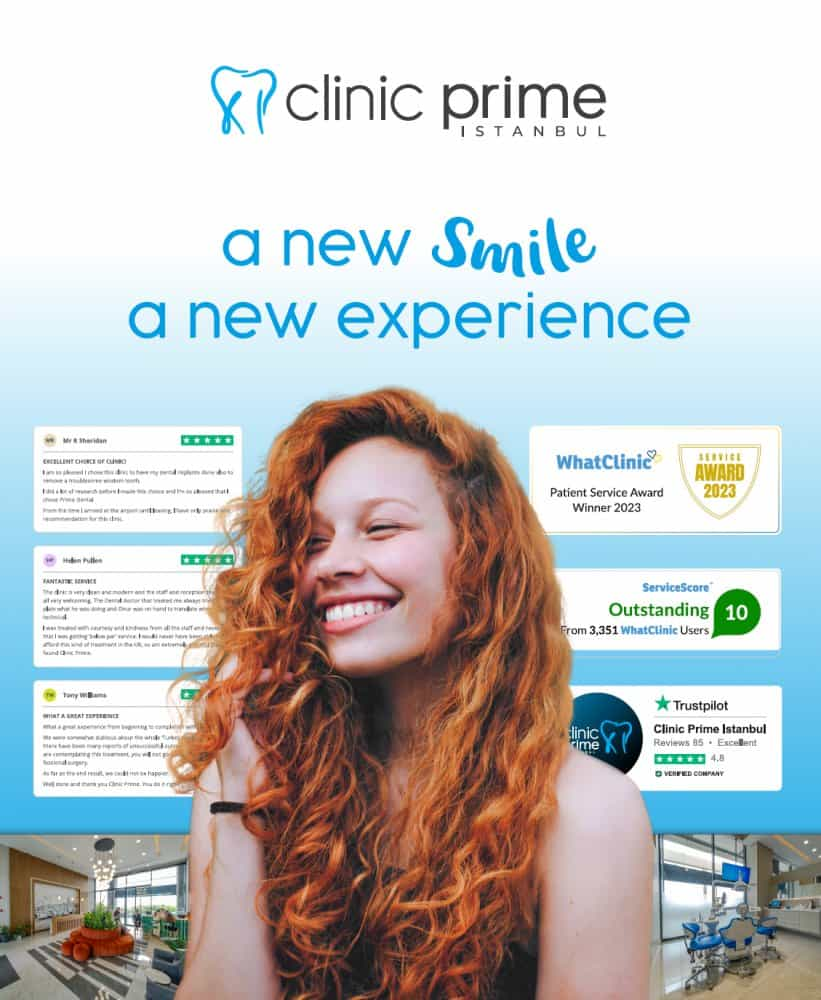

.png)

Share this listing